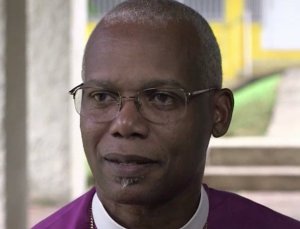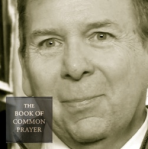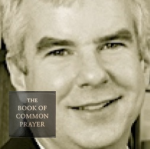This week, we’re pleased to launch The Episcopal Way, with Stephanie Spellers and Eric Law. If you’ve ever wondered about what makes the Episcopal Church unique, this course is a great place to start, as it’s a foretaste of a project seeking to rearticulate the beliefs and practices of the Episcopal Church. As Spellers says in the first lesson, about every 20 years the Episcopal Church commits to reexamining and defining itself as a church, as part of the Episcopal commitment to the “three-legged stool” of scripture, tradition, and reason, on which Episcopal liturgy and practice are based.
We commend this course to lifelong Episcopalians as well, since we live in a fast-paced and ever-changing culture, in which we need to feel comfortable articulating and sharing our faith tradition. Stephanie and Eric offer a working definition of “the Episcopal Way” as well as some engaging insight on why the Episcopal Church is especially relevant and life-giving in this day and age.
You may also want to take this course in a small group setting, either among newcomers to the church or those in leadership. Either way, you’ll enjoy and appreciate Eric and Stephanie’s engaging, insightful, and interesting discussions, as you think more deeply about this rich faith tradition — and its future.







